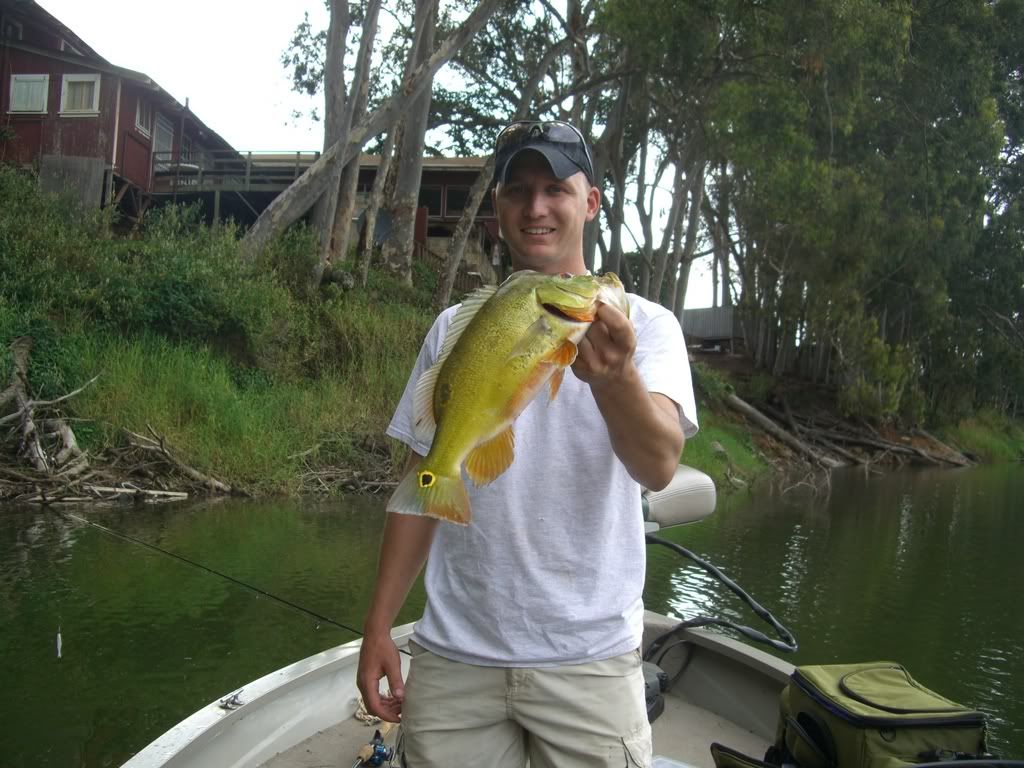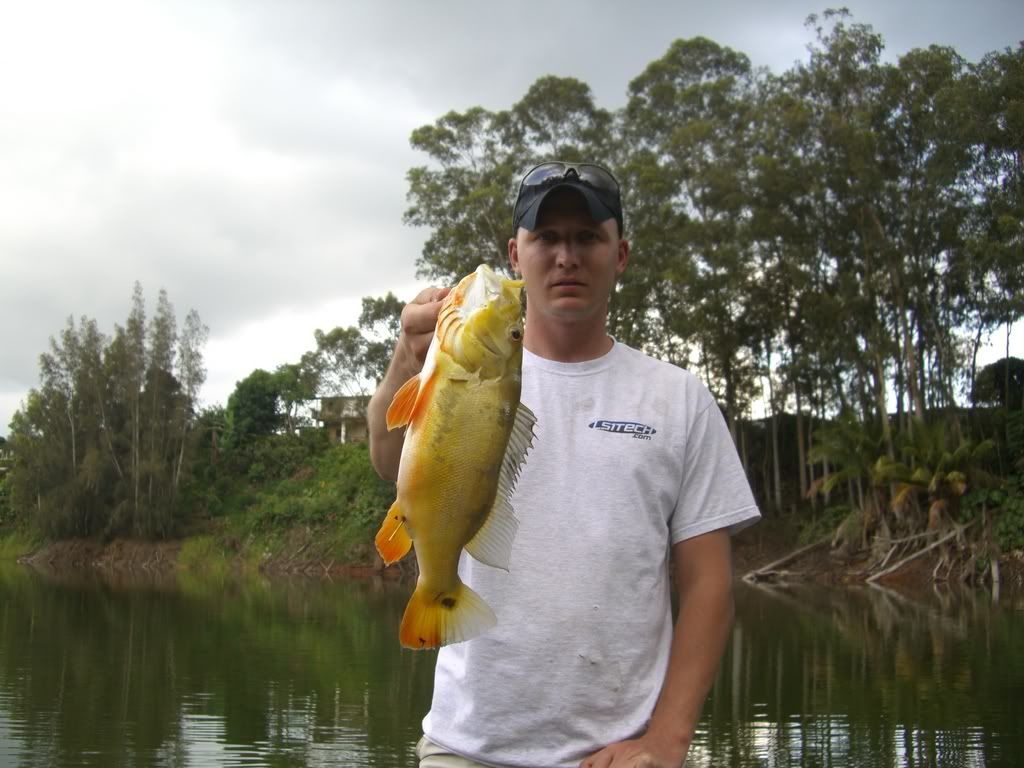Postby Bozu » Sun May 20, 2007 1:51 pm
Tuc's are under a tremendous amount of stress turning the spawning season. Their eggs and fry are under constant predation from everything else that swims in the lake. We all know how zealously they guard the nests and hatchlings. The lactic acid that their bodies produce during times of stress just can't be metabolized quick enough for them to recover properly and many end up dying.
Add in the scenario of fishermen hooking up to spawning tucs multiple times and what you have is a lot of dead tucs during the spawn. Please don't get me wrong, I have no problem with anglers going after spawning tucs, however we all have to realize that dead fish are an inevitable consequence of our actions. It just too much stress on them.
Also, many of the the dead or dying tucs were hooked using livebait. These fish are gut hooked. Tucs don't seem to do as well as a largemouth bass when released with a hook left in their gut. Maybe tucs don't have the strong digestive enzymes like a largemouth. A bass needs to digest fish, frogs, crawfish etc. ; tucs only feed on fish. Perhaps the digestive juices aren't potent enough to break down a hook?
I grew up fishing on this lake and in the old days there were a lot more livebait fishermen fishing from the shore and from boats. The lake would be littered with 10 times more dead tucs. Livebaiting for tucs is a great way to catch them, but please try not to freeline a bait and put your rod down and wait for a strike. Hold on to your rod and set the hook quickly after you detect a strike. Putting your rod down will increase your chances of a gut hook up. A bobber with a leader will offer some resistance to a strike and aid in a good mouth hook up.
Anyway just some of my observations.
Protect the resource, Remember conservation starts with you not the other guy.
Bozu



